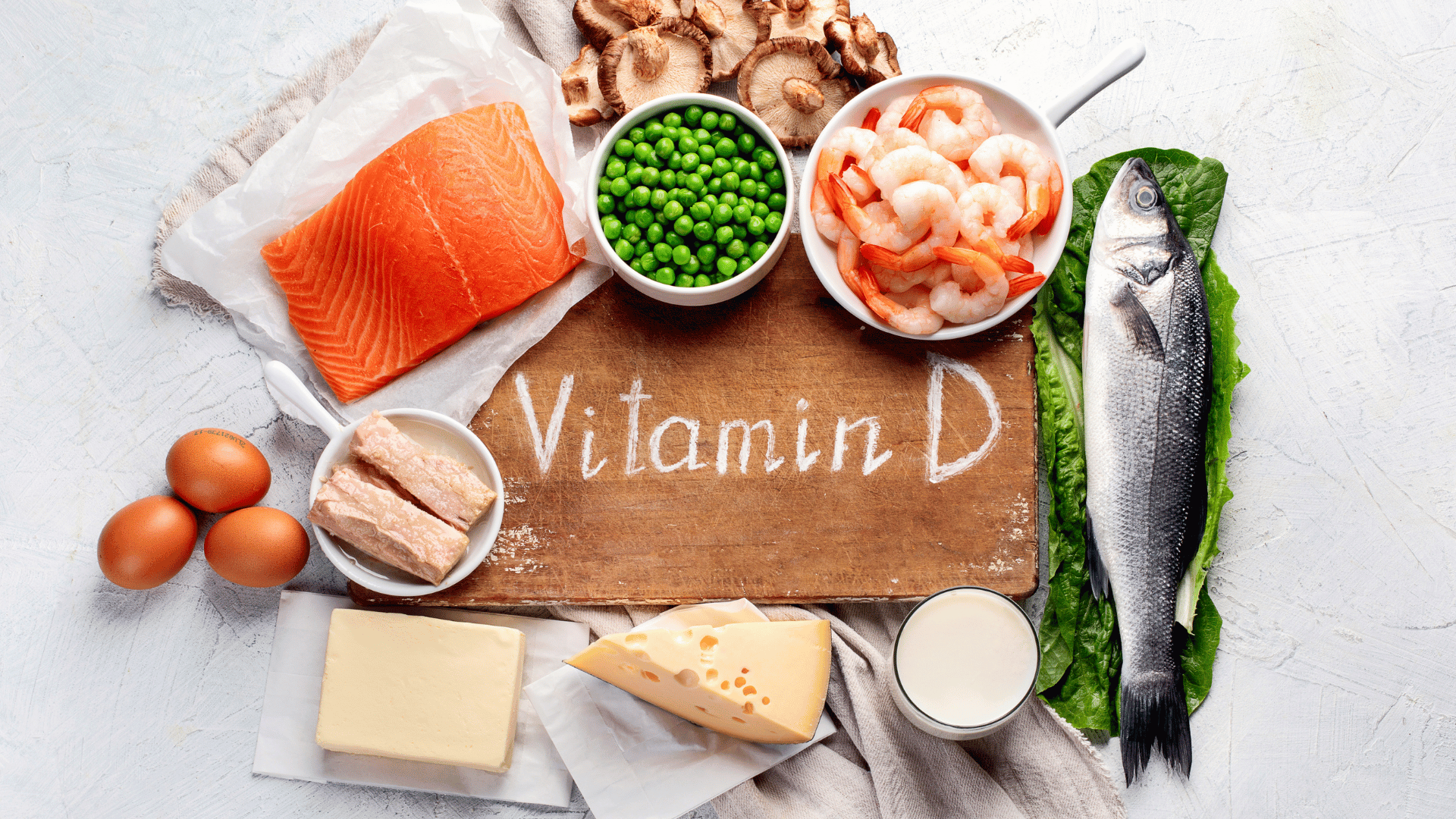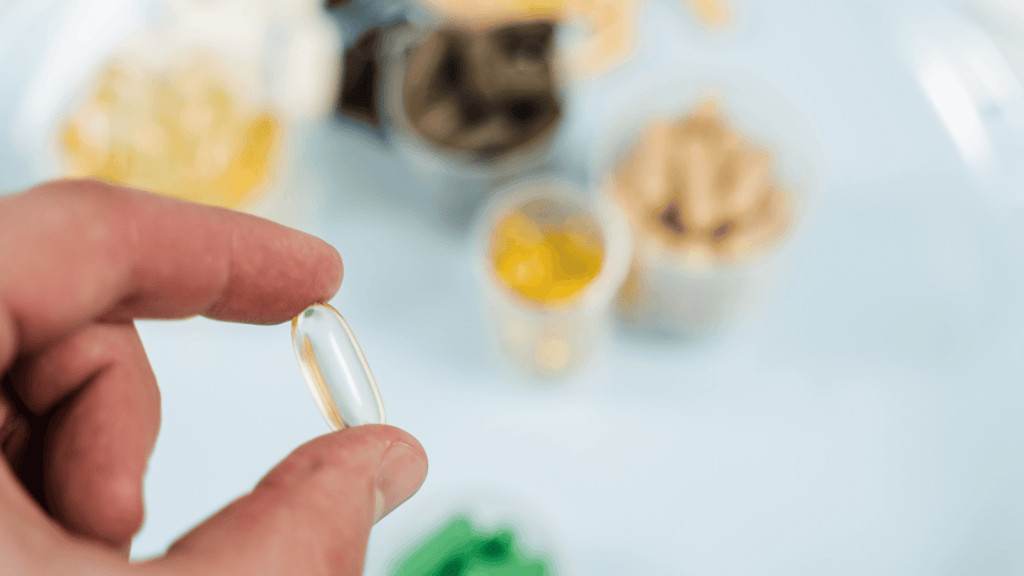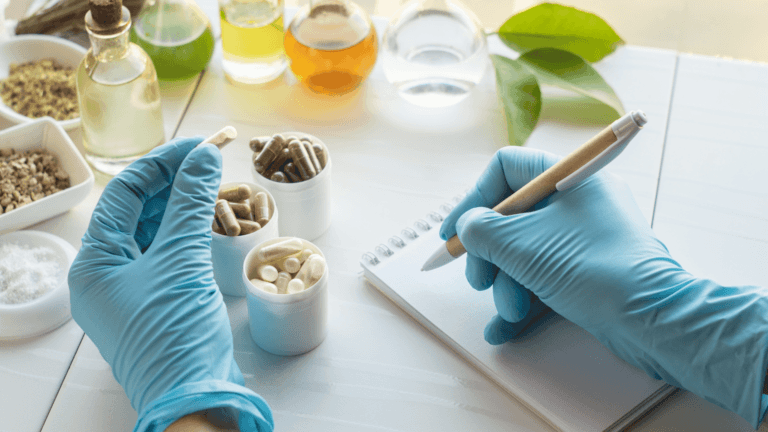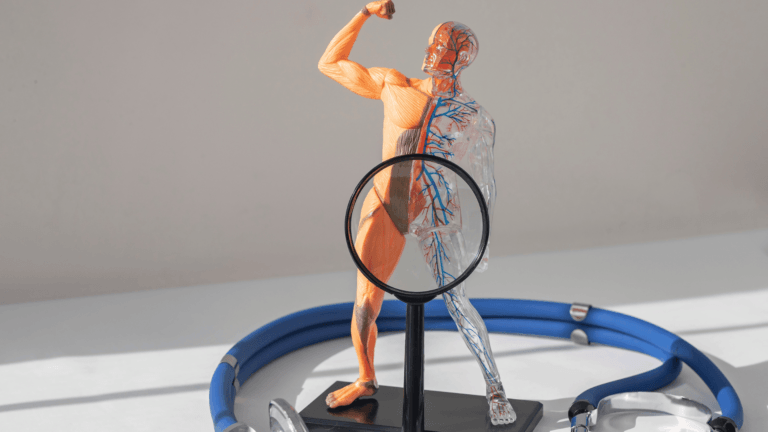You’re probably aware that vitamin D in prostate health is vital for maintaining strong bones and a robust immune system. But that’s not the full story. This nutrient also plays a pivotal role in supporting the health of one of the most crucial organs for men’s well-being – the prostate gland.
The prostate is a small but mighty player in the male reproductive system, tasked with producing seminal fluid and playing a role in urinary tract function. Unfortunately, prostate health issues are a common concern as men age, making targeted nutrients like vitamin D all the more important.
My aim here is to throw light on how tweaking your vitamin D intake can influence the health of your prostate. While it may feel like you’re navigating a maze with all the conflicting health advice, I’m going to make it easier for you. Stick with me, and you’ll discover the ins and outs of vitamin D as it relates to your prostate health, and why it deserves your attention.
The Sunshine Vitamin Being A Key Player in Prostate Defense

In my view, vitamin D goes beyond being just another nutrient; it plays a pivotal role in the body’s defense system, particularly concerning the prostate. Affectionately known as the ‘sunshine vitamin,’ it is synthesized in the skin with sunlight’s assistance. Below, you’ll discover its crucial role in maintaining prostate health:
Let’s delve into some research highlighting the potential of vitamin D in prostate health:
Vitamin D exerts its impact on the prostate through various mechanisms:
As we navigate through the intricate details of vitamin D’s influence on prostate health, it’s essential to note that it’s not just about supplement intake. Understanding how this vital vitamin operates within the body is key to supporting a healthy prostate.
This knowledge sets the stage for the next part of our discussion: exploring optimal vitamin D levels and their effects on prostate health.
Have You Tried Actiflow For Prostate Health?
Optimal Vitamin D in Prostate Health Levels

Knowing the right amount of vitamin D your body needs can feel a bit like hitting a moving target. However, prostate health must dial it in. In general, adults should aim for around 600 to 800 International Units (IU) per day, with older adults needing slightly more.
But it’s not just about hitting your daily quota. Your vitamin D serum level is the key player here, ideally sitting between 20 to 50 nanograms per milliliter (ng/mL). To put that into perspective, levels below 20 ng/mL are often considered deficient, and those above 50 ng/mL could have potential adverse effects.
The plot thickens when we talk about prostate health. Some research suggests that maintaining vitamin D levels on the higher end of the normal range can be beneficial for prostate wellness. Increased vitamin D levels have been associated with a lower risk of developing prostate issues.
So how can you ensure you’re on target? First, get your vitamin D levels checked. It’s a simple blood test. Then, based on the results, you can adjust your approach. These steps typically include tweaking your sun exposure, and diet, and potentially supplementing with vitamin D. Here’s what to bear in mind:
1. Regularly test your vitamin D levels, especially if you’re at risk for deficiency.
2. Maintain a balanced diet rich in vitamin D sources like fatty fish and fortified foods.
3. Aim for responsible sun exposure — just about 10-20 minutes a few times a week can suffice for most people.
4. Consider taking vitamin D supplements if you’re unable to achieve sufficient levels naturally; they can be an efficient way to bridge the gap.
Ensuring Adequate Vitamin D Intake

So you’re looking to bump up your vitamin D in prostate health levels, You’ve got options. It’s not just about popping a pill; you can also get a good dose of vitamin D with a bit of sunshine and the right food choice.
Let’s talk about the sun first. Your skin manufactures vitamin D when it’s exposed to sunlight, specifically, UVB rays. Aim for a safe amount of sun exposure daily, depending on your location, skin type, and the season. But remember, you want to strike a balance to avoid the risks of too much sun.
Now, if you’re someone who can’t exactly bask in the sunshine, or it’s the dead of winter, there are still some key foods that can help. Fatty fish like salmon and mackerel, fortified foods like certain dairy and plant-based alternatives, and egg yolks are your friends here.
You might find, though, that diet and sunlight alone aren’t cutting it. That’s when vitamin D supplements come into play. Here’s what you need to know about supplementing safely:
– Check with your healthcare provider before starting any new supplement.
– Opt for vitamin D3 when possible; it’s the form your body can use most effectively.
– Keep tabs on your levels, especially if you’re taking high doses, to sidestep the risk of vitamin D toxicity.
– Pair your supplement with a meal that’s got some fat in it; it’ll help your body absorb vitamin D better.
Choosing the right strategy for upping your vitamin D intake will hinge on your personal health profile and individual needs. Consulting with a healthcare professional can ensure that your approach is tailored and safe.
The Bigger Picture: Vitamin D’s Role in Holistic Prostate Health

Vitamin D is a crucial player, but it’s just one aspect of a full-court press on maintaining a healthy prostate. Think of it as part of a team, where every player contributes to the victory. Alongside adequate vitamin D, it’s equally important to adopt a lifestyle that supports overall prostate health.
Regular physical exercise cannot be underrated. It helps to regulate hormones, manage weight, and reduce stress, all of which can have a positive impact on prostate well-being. A balanced diet rich in fruits, vegetables, and healthy fats provides the nutritional support your body needs to function at its best. And don’t forget to stay hydrated – water is key in keeping all systems, including the urinary tract, running smoothly.
Other nutrients also play significant roles in prostate health. For instance, antioxidants like lycopene found in tomatoes are highly beneficial. Zinc, found in seeds and nuts, supports immune function and has been linked to healthy prostate maintenance.
Don’t hesitate to discuss your prostate health with a healthcare provider. They can offer personalized advice and guide you through screenings and tests as needed. Remember, prevention is better than cure, and staying informed is your best strategy.
As for vitamin D, continue to explore the sunshine vitamin’s potential through your lifestyle choices and keep an eye on emerging research. The understanding of vitamin D’s role in prostate and overall health is evolving and promises to shed even more light on this vital nutrient.
Vitamin D in prostate.




